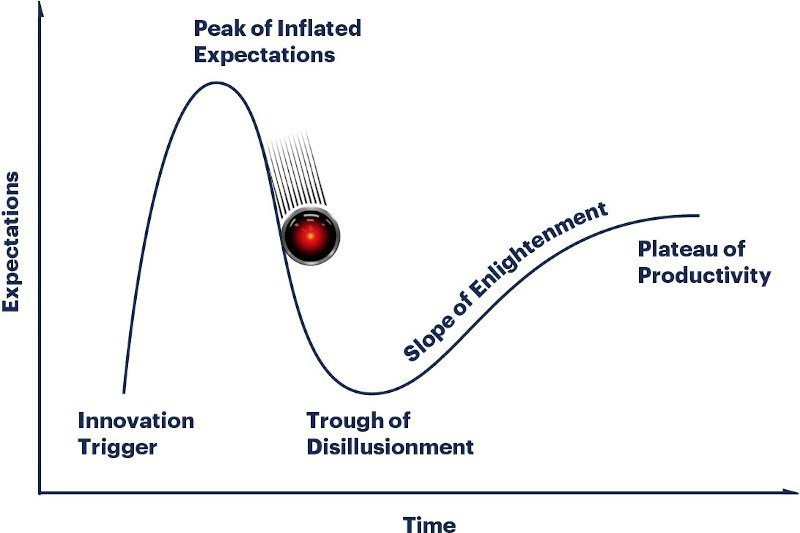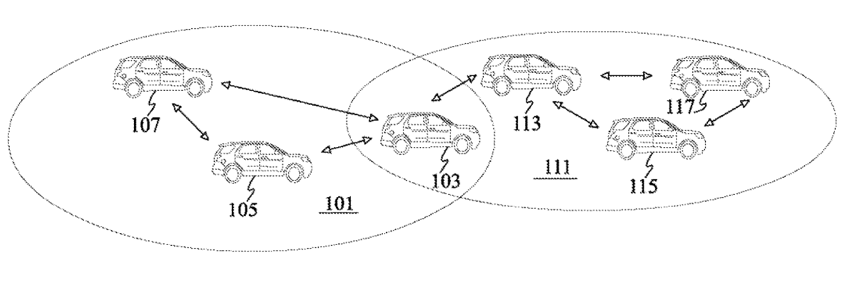
In my book "How to Destroy Surveillance Capitalism" I point out that the claims for Big Tech powers of behavior modification powers emanate from the companies' own self-serving boasts pitched to bring in new ad-tech customers.
onezero.medium.com/how-to-destroy…
1/
onezero.medium.com/how-to-destroy…
1/

I point to the thinness of the external research on ad-tech's efficacy, and the replication failures of its research foundations on things like "sentiment analysis," "microexpressions" and "Big 5 Personalities" - the whole panoply of digital phrenology.
2/
2/
Meanwhile, there are undeniable, easily measured means by which Big Tech modifies our behavior that don't require us to treat marketing puffery as ground truth.
3/
3/
* If you want to talk to your friends you have to use Facebook because Mark Zuckerberg is holding them hostage with monopoly tactics
* Google uses monopoly rents to buy its way to search default on every platform, so the answer to every question you ask comes from Google
4/
* Google uses monopoly rents to buy its way to search default on every platform, so the answer to every question you ask comes from Google
4/
* Apple gets to decide which apps you're allowed to use, who can fix your devices, and when you have to throw them away and buy new ones, thanks to DRM and lavish spending to kill dozens of Right to Repair initiatives
5/
5/
These are mass-scale, persistent behavior modifications unrelated to psychological manipulation, entirely dependent on economic chicanery.
This week on the @Freakonomics podcast, Stephen Dubner turns an economic lens on Big Tech's ad-tech boasts.
freakonomics.com/podcast/advert…
6/
This week on the @Freakonomics podcast, Stephen Dubner turns an economic lens on Big Tech's ad-tech boasts.
freakonomics.com/podcast/advert…
6/
He talks to @steve_tadelis, an academic economist who once headed a program at Ebay to evaluate the efficacy of ad spending. First they tried eliminating "brand" advertising (that is, advertising buys for the word "ebay") and found that there was no drop in their revenues.
7/
7/
The logic behind Ebay buying ads for "ebay" is that if they don't, their competitors will, so a search for "ebay" will bring up links to Amazon. That happened...and people scrolled right past the Amazon ads to the "organic" Ebay link below the ads.
8/
8/
But Ebay also buys a bunch of keyword ads for products, like "guitar" or "washing machine" or "picture frame." They estimated 5% of their revenue came from these ads, and that every $1 they spent on them brought in $1.50.
9/
9/
Tadelis designed another experiment and found that these ads were actually responsible for 0.5% of their revenue - an order of magnitude less than their estimate - and that every $1 they spent generated $0.60 in LOSSES. They cut $100m from their ad-spending.
10/
10/
But despite publication of these findings, the world increased its ad-tech spending. Tadelis attributes this to the fact that the major players in ad-tech are all incentivized to repeat the unsubstantiated tale of ad-tech's efficacy.
11/
11/
Ad-tech companies, publishers, and ad-tech buying consultancies are all compromised and unable to objectively assess whether ads work (cue Upton Sinclair: "It's difficult to get a man to understand something when his salary depends on his not understanding it").
12/
12/
And, of course, now Big Tech's critics have joined the ranks of those who insist that ad-tech works with spooky, devastating efficacy.
For evidence, all of them point to how much money the industry generates.
13/
For evidence, all of them point to how much money the industry generates.
13/
Why would people buy these products if they didn't work? Well, the obvious answer is, "That happens all the time." See:
* Multivitamins
* Hedge funds
But there's another answer: "it's a bubble."
14/
* Multivitamins
* Hedge funds
But there's another answer: "it's a bubble."
14/
A recent, excellent book on the ad-tech bubble is @timhwang's SUBPRIME ATTENTION CRISIS:
pluralistic.net/2020/10/05/flo…
Hwang tells Dubner that in a bubble, "the red lights are flashing but everybody in the industry just refuses to take a look at the real data."
15/
pluralistic.net/2020/10/05/flo…
Hwang tells Dubner that in a bubble, "the red lights are flashing but everybody in the industry just refuses to take a look at the real data."
15/
Bubbles thrive on opacity and complexity. Think of the 2008 financial crisis, where the lack of transparency in "toxic assets" was compounded by their complexity, which led people - including "sophisticated" regulators and investors - to trust them.
16/
16/
They assumed that the manifest absurdity of the claims made by CDO salespeople must reflect their own ignorance. After all, all those OTHER people wouldn't spend trillions on derivatives if they weren't safe enough to buy yourself and exercise regulatory forbearance over.
17/
17/
But as Hwang points out, the ad-tech market is built on garbage. By Google's own reckoning, 60% of the ads that are charged for are never seen by any human being - literally the majority of the industry's product is a figment of feverish machine imaginations.
18/
18/
While Google's own research (and that of other Big Tech players) show that ad-tech works, independent researchers find the opposite: switching from "behavioral" (surveillance) ads to "contextual" ads only reduces clickthrough by 5%.
19/
19/
Behavioral ad clickthroughs are 0.01-0.03%, and much of that is bot activity.
The industry is opaque and incestuous. Ad agencies - nominally working for advertisers - get massive kickbacks from ad-tech platforms for bringing them business.
20/
The industry is opaque and incestuous. Ad agencies - nominally working for advertisers - get massive kickbacks from ad-tech platforms for bringing them business.
20/
Proctor and Gamble - the company that invented the concept of brand ads - tried taking $200m out of its online ad spend and saw ZERO change in sales.
And yet, ad-tech spending continues to rise.
21/
And yet, ad-tech spending continues to rise.
21/
Hwang says we need a "punk rock" @nberpubs, an org that will neutrally measure ad-tech performance and slowly deflate the bubble rather than bursting it, because an ad-tech collapse would kill ad-supported media.
22/
22/
All this is kind of a microcosm for the problems of economics in general. For decades, economics was dominated by the neoclassical idea of "homo economicus," a rational utility maximizer whose bad choices were good, actually.
(That's still the cartoon that undergrads get)
23/
(That's still the cartoon that undergrads get)
23/
Advertising - especially brand ads - is grounded in the idea that irrationality is universal and exploitable, that you can trick people into paying a 50,000% markup by slapping a logo on a t-shirt.
24/
24/
But advertisers - and the industry - assume THEY are immune to irrationality, that they don't need to worry that they themselves will be suckered by slick sales-patter from ad tech, or their agencies.
eof/
eof/
• • •
Missing some Tweet in this thread? You can try to
force a refresh










